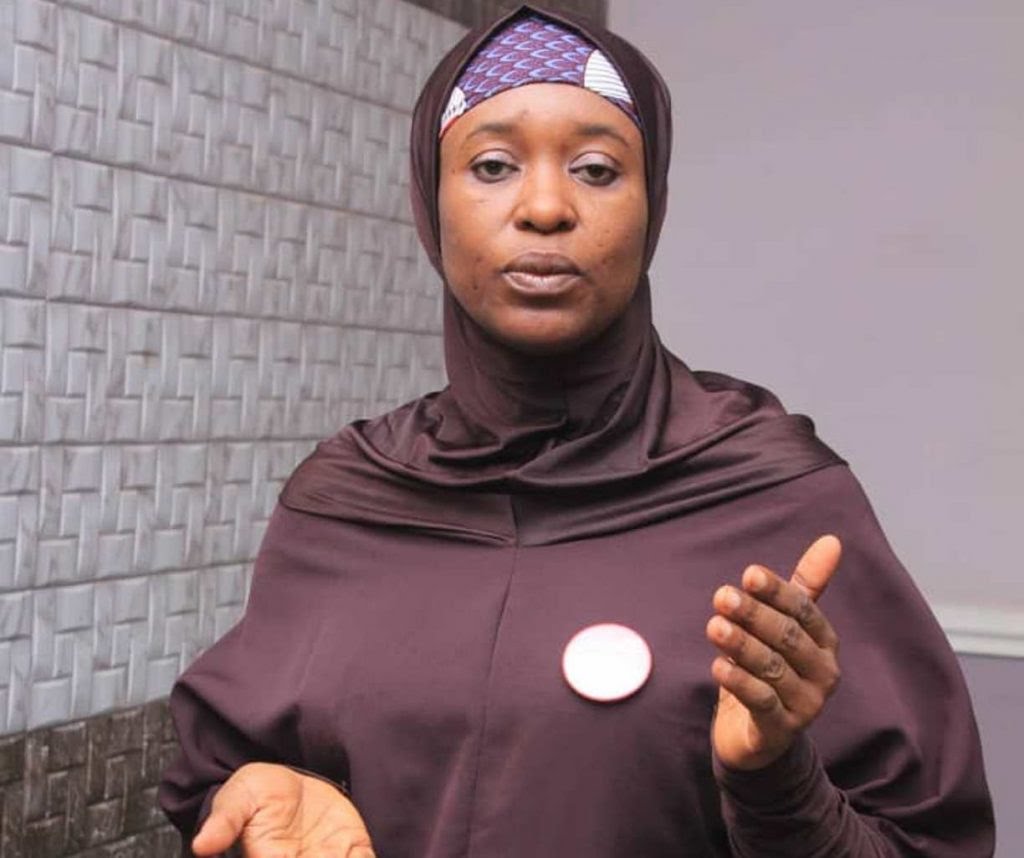[ad_1]
The Minister of Agriculture and Rural Development, Dr Mohammed Abubakar, has reassured Nigerians that there is no food shortage in the country, affirming that what exists is only inflation.
He was speaking on Monday at the 5th edition of President Muhammadu Buhari’s Scorecard organized by the Minister of Information and Culture, Lai Mohammed in Abuja, noting that Nigeria continues to produce the food it needs.
The minister highlighted the strides and achievements in the agricultural sector under President Muhammadu Buhari’s administration.
Answering questions on the food situation in the country, he said: “Do we have enough to eat? Absolutely. We have enough to eat in this country. There is no shortage of food. Price increase? Yes. It’s better a hundred times to have inflation than to have no food. I can say this anywhere.
“We are self-sufficient in rice. We are the best producer of rice in Africa, number 4 in the world; number 1 producer of cassava, number 1 producer of yams, number 2 producer of sorghum after America; number 3 producer in the world in millet.
“We have enough to eat and we will continue to have enough to eat by the grace of God. We are producing.”
The Minister announced plans to organize a seminar for Nigerian and international cattle herders towards exploring lasting solutions to perennial farmers/herders clashes.
He dismissed suggestions that herders deliberately lead their cattle to destroy farmers’ crops thereby jeopardizing the government’s vision of diversification of the economy through agriculture.
According to him, cows only stray into farms, which he said has been the source of conflicts.
He said the government is working hard to resolve the problem through various initiatives under the National Livestock Transformation Plan (NLTP).
Abubakar explained: “This is an age-long problem of farmers/herders conflict from the previous, really, extensive grazing and I don’t think at any given time, intentionally, herders push their cattle to go and eat farm produce or crops.
“Accidentally, the cows might stray and go. This has been the source of the conflict. So, ranching is the easiest and the best thing to do.”
He said the NLTP is currently being implemented through numerous programmes including Ruminant Livestock Intervention Programme in Bauchi, Adamawa, Kaduna, Gombe, Kwara, Niger and States; National Pasture Development Programme (NAPDEP) nationwide, and National Livestock Breed Improvement Programme (NALBIP) in Oyo, Kano, Niger, Kaduna, Taraba, Bauchi, and FCT.
According to him, the programme is also being implemented in National Dairy Development Programme (NDDP) in Kwara, Kano, Oyo, Taraba, Kaduna, Bauchi, Adamawa, Plateau, and Ogun states;
National Animal Identification and Traceability System (NAITS) among other initiatives nationwide.
Naming the high points of the administration’s achievements in the sector, the Minister recalled that President Buhari launched the Special Agro-Industrial Processing Zone (SAPZ) to drive the rapid and sustainable development of the agricultural sector in the country.
He said the Green Imperative Project (GIP) which seeks to provide 10,000 units of Tractors; 50,000 units of assorted implements and equipment is being implemented in collaboration with the Brazilian government.
Others he mentioned are the enactment of the National Agricultural Development Fund (Establishment) Act, 2022 into law to provide sufficient funding for the overall development of this sector and to ensure food security in the country, amendment of the Animal Disease Control Act, 2022 and the Breeder Farms, Hatcheries and Animal Feeds Establishment to strengthen animal disease prevention and control, food safety, animal welfare, international trade facilitation and protection of public health.
Abubakar noted that the administration procured 79,277.30 metric tonnes of assorted food commodities between 2020 and 2021 to replenish the National Strategic Reserve that was depleted by release for COVID-19 relief and release to the Poultry Association of Nigeria (PAN) in 2020.
Government also constructed two 2000 metric tonnes Specialized Warehouses for Storage of Food Commodities at the Federal government Retained Silo Complex Irrua, Edo State and Illesa, Osun State with the engagement of over 100,000 persons.
According to him, the administration released 116,480 metric tonnes of assorted food commodities to 1.559,800 million vulnerable groups, processors and the Poultry Association of Nigeria (PAN), to cushion the effect of the COVID-19 pandemic and sustain agribusiness undertakings in the country.
He noted that the administration also distributed 14,785 agricultural equipment, material, tools, groundnut processing machines, rice mills, cashew processing machines, oil palm processing mills with components; tractors, combine harvester tricycles for farmers, colour dorter and 2000 knapsack sprayers to farmers nationwide, among others.
On the high cost of fertilizer in the country, he blamed the situation on the absence of
raw materials, the Russian-Ukraine war and the effect of climate change.
However, he noted that with the directive given by the President for sourcing local raw materials, phosphate deposits, a major precursor of fertilizer, have been identified in parts of the country.
ALSO READ FROM NIGERIAN TRIBUNE
No shortage of food in Nigeria but inflation ― Agric Minister
[ad_2]






